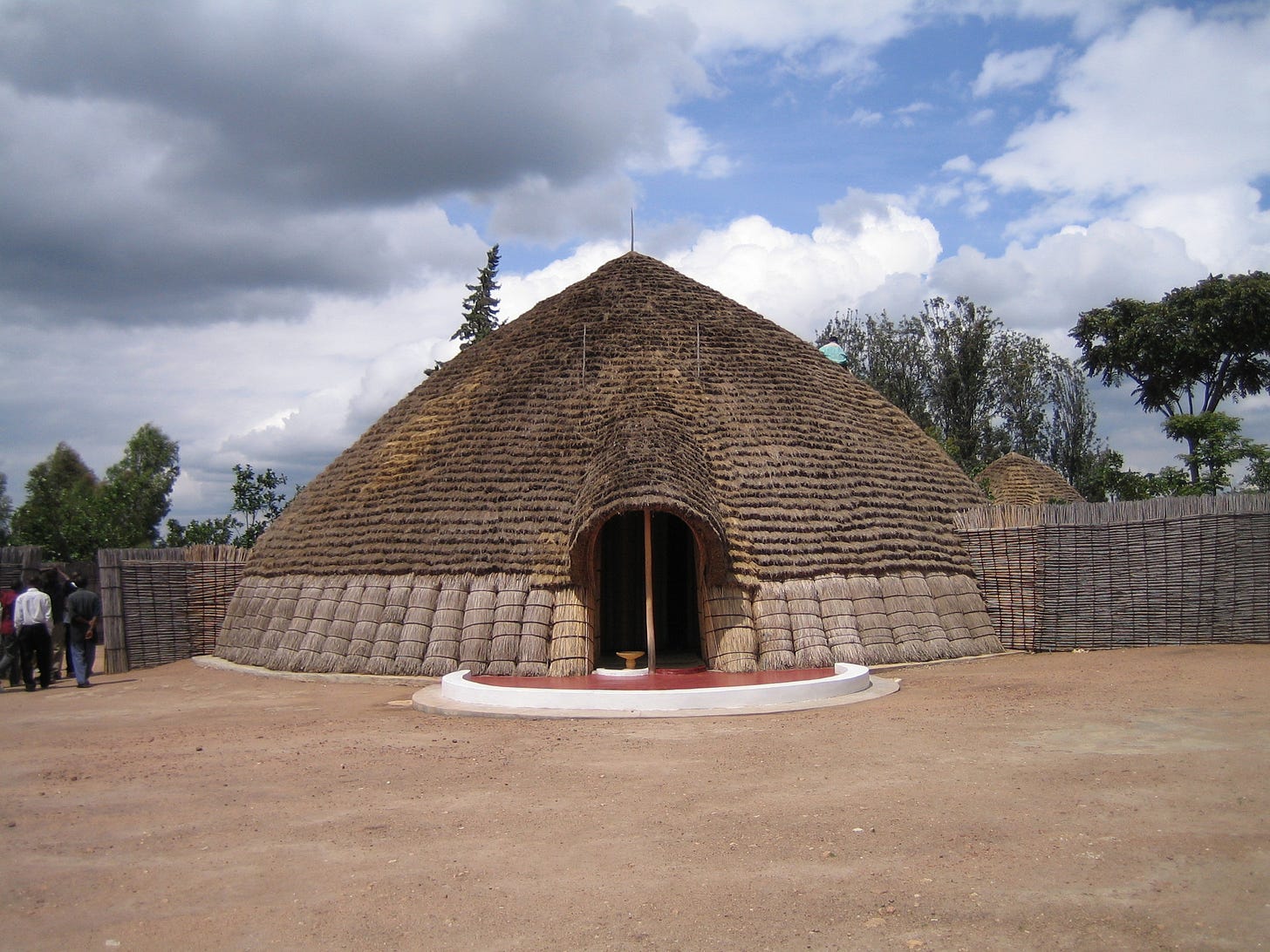Image of the Day

Spotlight Stories
Kenya's Unlikely Conservation Heroes

Picture a group of burly men (and one tough-as-nails woman) creeping through the dense Kenyan forest, dodging stinging nettles like they're in some kind of botanical obstacle course. No, it's not the latest reality TV survival show – it's just another day for the Aberdare Joint Surveillance Unit (AJSU).
These former poachers-turned-conservationists are now patrolling Aberdare National Park, protecting everything from endangered black rhinos to the elusive mountain bongo.
The Secret Ingredient? Been There, Poached That
What makes these rangers so effective? Well, as the saying goes, "It takes a thief to catch a thief." Or in this case, a former poacher to catch a current poacher.
These scouts know all the tricks of the trade because they used to be the ones setting the snares and hunting the wildlife.
These former wildlife criminals have gone from setting traps to dismantling them, from hunting animals to protecting them.
Al Jazeera has a lovely photo essay on them.
Lesotho's Suicide Epidemic: Time to Break the Silence
Lesotho, a small country located in the mountains of southern Africa, has a big problem on its hands: suicide.
According to the World Health Organization, Lesotho has the highest suicide rate in the world, with 87.5 people per 100,000 taking their own lives every year. That's more than double the rate of the next country on the list and nearly 10 times the global average.
NGOs like HelpLesotho are on a mission to change that by equipping young people with the skills to manage their mental health. In the town of Hlotse, social worker Lineo Raphoka runs group therapy sessions for young women who have experienced suicidal thoughts or know someone who has died by suicide.
The reasons behind Lesotho's high suicide rate are complex, but Ms Raphoka sees patterns: rape, unemployment, loss, and substance abuse. According to a 2022 report, 86% of women in Lesotho have experienced gender-based violence, and two in five young people are not in employment or education.
But even when people do seek help, they face a struggling public health system. The country's only psychiatric unit has been without a psychiatrist since 2017.
The government says it's working on a national mental health policy, but MP Mokhothu Makhalanyane admits that mental health has become a pandemic. He says Lesotho can learn from its successful battle against HIV/Aids by talking openly and not blaming or criticising people for their situation.
Congo Police Officers Make a Run for the Border

98 police officers from Congo made a run for Uganda over the weekend, and they didn't forget to pack their 43 guns and a whole lot of ammo.
The reason? The ongoing battle between M23 rebels and the Congolese military in the country's east.
The Congolese police weren't the only ones looking to leave the country. Over the past four days, at least 2,500 Congolese refugees have arrived in Uganda, with pregnant women, breastfeeding mothers, and young children among the crowd.
The M23 rebels have been shaking things up in Congo's east since 2022, and despite Congo's military efforts to push them back, the rebels have managed to expand their territory. In June, they even seized the town of Kanyabayonga, which is like the gateway to other parts of North Kivu province.
The fighting has driven more than 1.7 million people from their homes, taking the total number of displaced Congolese to a record 7.2 million.
The UN has been pointing fingers at Uganda and Rwanda for supporting the M23 rebels, although both countries have denied the allegations.
Food for Thought
“Cuƫ ng by the tongue is diff erent from cuƫ ng by the knife. (”
— Kenyan Proverb



